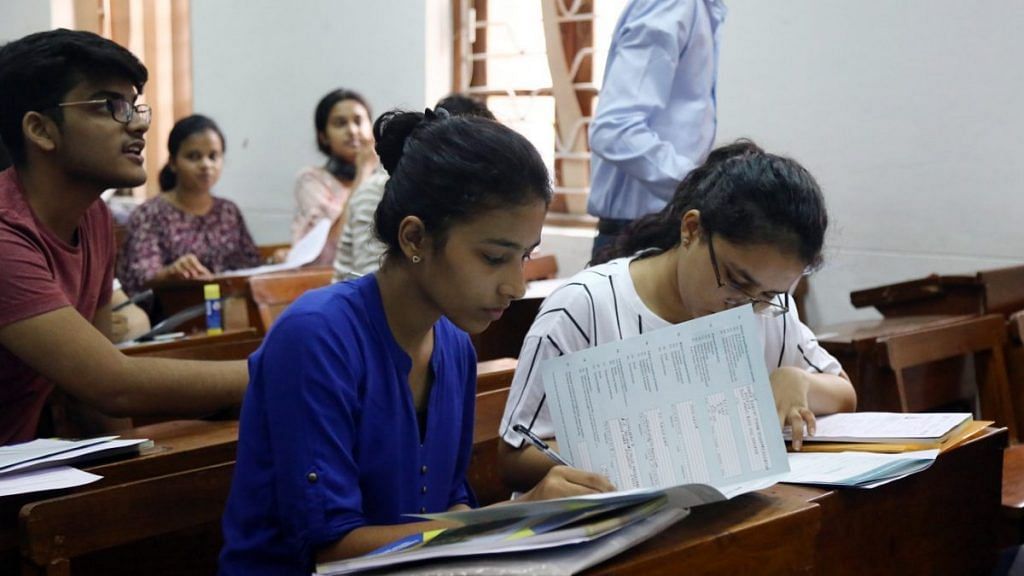The employment situation in India is a cause for concern among young Indians as well as their parents who invest their life savings into educating their children. India isn’t matching up to the demand for jobs as the economy suffers from a prolonged slowdown. Covid has only made matters worse, especially for the private sector that has seen huge layoffs over the last two years. Even self-employment and entrepreneurship require purchasing power with the populace, which has also withered due to loss of jobs.
Also read: NEET UG results have a loud and clear message: Dominant castes can’t continue old tactics
The govt sector attraction
In such an atmosphere, government jobs, whether in education, health, engineering, civil services or the armed forces have once again become a much sought-after option. By its very nature, selection for these services is highly competitive with too many aspirants chasing too few positions. It’s worth asking what happens to the remaining candidates, especially those who are unsuccessful after availing all attempts, or crossing the age limit?
Many candidates would, rightly, like to know how they can improve their chances of success for these sought-after jobs. The obvious answer is hard work and focussed preparation. Coaching centres have sprung all over the country and many states now extend financial support to candidates aspiring to compete for senior-level public sector jobs, both with Union and state governments. These measures may help increase the chances of success for candidates, but nothing is guaranteed. This approach does not address the plight of millions of candidates who do not succeed despite their hard work and support by parents and the State.
Should the advice to our young people be reconsidered? I would say yes. Most aspirants often spend several years and take multiple attempts before they are selected. Several productive years are wasted if they don’t qualify. So, what should we advise our young men and women?
Also read: Your UPSC interview score also depends on your category. See this correlation
The right advice
Contrary to usual thinking, they should be advised to tie their preparation for the competitive exams to their own interests and passion. Thus, they must choose their elective subjects for competitive exams, particularly those writing UPSC civil services entrance test, not on the basis of the advice of their teachers, friends, parents or tutors but on their own liking.
The idea is that students must keep raising their proficiency in subjects of their interest so that even if they do not succeed in cracking the competitive exam, they would, at least, have used the time to master subjects of their liking. They would feel empowered with this deeper knowledge and carry the satisfaction of having used their valuable time to learn something they really wanted to. Their time would not be ‘wasted’ then. They would add to their knowledge base and become visibly more confident than their peers. A young man or woman who has more knowledge will invariably stand out in society and the job market.
It has often been observed that job seekers who already hold a job, or those who have mastered some subjects or trades, face exams and interviews with far more confidence than those who bank solely on clearing the competition tests. This approach will also encompass following other individual passions like sports, fine arts and study of subjects with no relation to the choice of subjects for the competitive exams.
Thus, it is faulty advice to ask students to give up their co-curricular interests for the sake of clearing exams. The young must be advised to play their sport, read books, do theatre, write, dance, sing, take up social work and do whatever else they fancy, while they prepare to take exams. They should be encouraged to devote time to issues like the environment, human rights, social and economic equality, universal education and any other cause that is close to their hearts.
Young people, who have followed their passions and mastered disciplines they enjoy, turn out to be far more successful in life than those who try doggedly to clear job exams for several years and do not succeed. They are assets to society because of their well-rounded personalities.
Arvind Saxena is former chairman of the UPSC. Views are personal.
(Edited by Anurag Chaubey)
